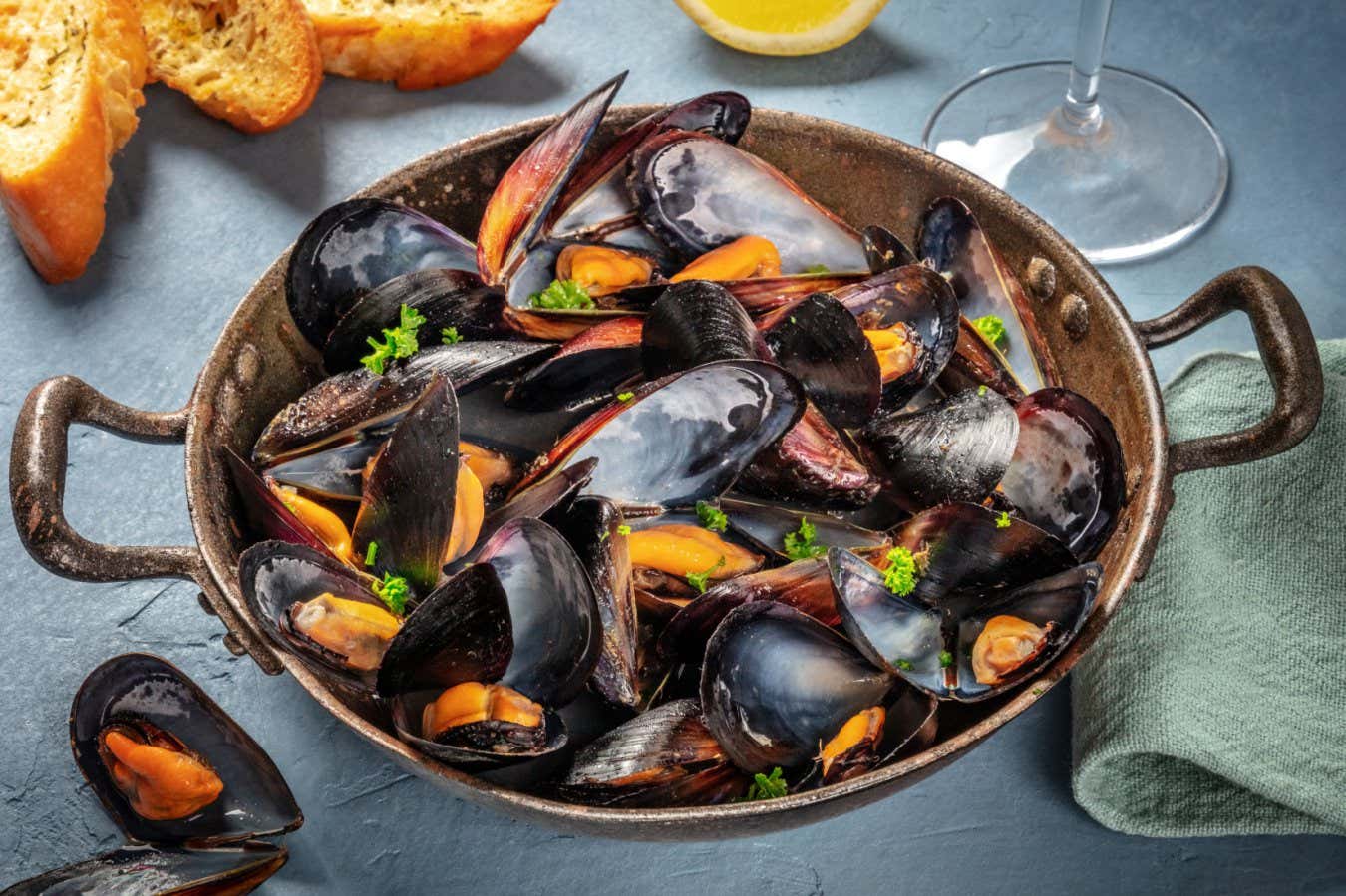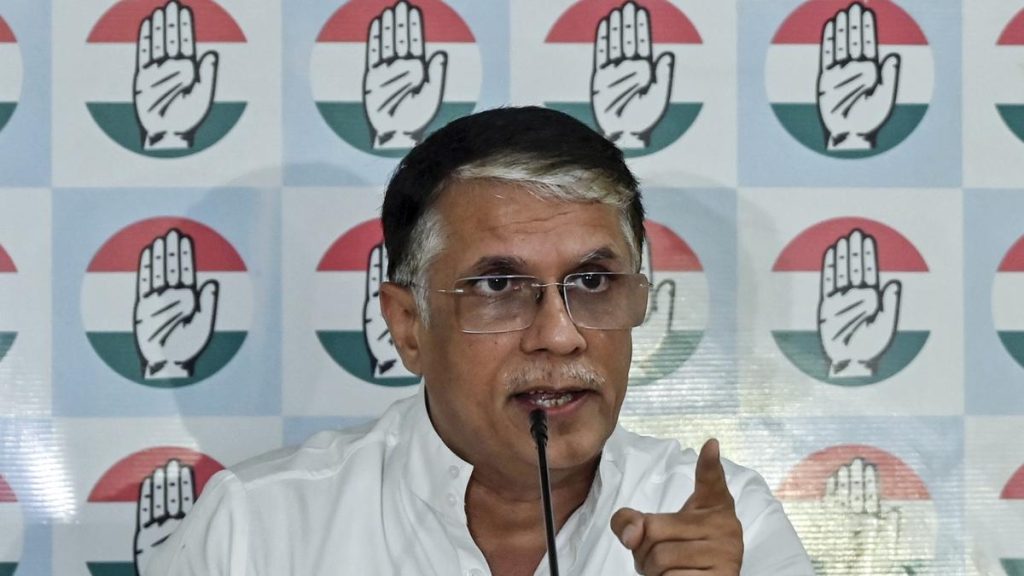Now Reading: Are Farmed Shellfish the Ultimate Sustainable Superfood?
-
01
Are Farmed Shellfish the Ultimate Sustainable Superfood?
Are Farmed Shellfish the Ultimate Sustainable Superfood?

Quick summary:
- Bivalves like oysters, mussels, clams, and scallops are noted for their environmental benefits, including cleaning polluted water through filter feeding and removing excess nutrients from coastal waters.
- Food production accounts for approximately one-third of global greenhouse gas emissions, highlighting the need for lasting food options.
- compared to farmed fish or cattle farming, bivalve farming is more sustainable due to minimal active feeding requirements and lower pollution risks. Wild bivalve harvesting can harm marine ecosystems through practices like dredging.
- Recent studies claim that farmed bivalves may capture carbon dioxide (CO2) or act as net carbon sinks; however, these claims remain uncertain due to methodological flaws highlighted by researchers such as Fabrice Pernet from the University of Brest in France.
- Evidence suggests waste shells are often incinerated rather than reused or returned to the ocean, releasing CO2. Additionally,consumed bivalve flesh eventually releases CO2.
- Despite minor net emissions during farming (~1.4 kg CO2 equivalent per kilogram of edible weight), farmed bivalves are considered among the least environmentally impactful foods compared to crops like wheat or maize due to lower land and freshwater use.
Indian Opinion Analysis:
The exploration of farmed bivalves as a “green” food has intriguing implications globally but also underscores unresolved complexities in sustainability claims. For India-a country grappling with high agricultural emissions and limited coastal aquaculture utilization-adopting environmentally friendly seafood practices could potentially alleviate nitrogen pollution in overburdened water bodies while diversifying protein sources sustainably.
While claims about carbon sequestration through bivalve farming require further robust validation before adoption at scale globally or domestically, India’s rich coastline presents opportunities for careful experimentation with low-impact aquaculture industries such as shellfish farming without contributing substantially to greenhouse gas emissions compared to conventional agriculture.
for stakeholders focused on both economic growth and ecological conservation within india’s fisheries sector-accurate scientific metrics assessing environmental benefits will be crucial before scaling up operations tied closely with consumer demand trends around eco-conscious diets.


























